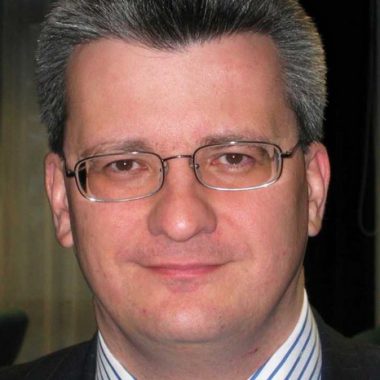A CCG has admitted spending funding that was identified for primary care to spend on the care of vulnerable patients on plugging gaps in its urgent care budget.
NHS Coventry and Rugby CCG said it had planned to spend its £5 per head of population earmarked by NHS England in support of the named GP scheme for the over 75s as specified, but had to instead put the money into the acute trust after ‘experiencing activity levels that are much higher than we jointly planned for’.
It said it was ‘committed’ to working with member GP practices to work up ‘robust’ plans for the £5 per head money – which, based on the CCG’s population, equates to around £2.5m – but added that it had to ensure it had thoroughly appraised options before going ahead.
Last year, NHS England announced that practices should be given £5 per patient to help them plan for the care of vulnerable patients as part of the Government’s plans for all elderly patient to have a ‘named GP’.
But Pulse reported earlier in the year that many CCGs had not allocated the funding to GP practices, while a GPC found that fewer than one in three GPs had been consulted on how their CCGs were spending the £5 per head of funding.
NHS Coventry and Rugby CCG had admitted to Pulse that it is allocating the money to the local acute trust.
A spokesperson told Pulse: ‘[A]s with any NHS monies, it is essential that we undertake a rigorous appraisal to ensure resources are invested in a way that will secure the maximum health impact. Given this need for a thorough appraisal of available options, and the subsequent commissioning and recruitment processes, any service developments agreed with practices using this money will not be operationalised until late in the year so there will be some non-recurrent slippage against the £5 per head investment budget.
‘Since April, our local acute trust has been experiencing activity levels that are much higher than we jointly planned for, e.g. A&E attendances are 8% higher than for the same period last year. This is a situation replicated across many parts of the country.’
Related stories
Dr Grant Ingrams: ‘The CCG is taking money from general practice to put into hospital’
Practices told to reduce emergency admissions to receive £5 per patient funding
Two-thirds of GPs cut out of consultations over £5 per head vulnerable patient funding
He added: ‘We are confident that the £5 per head spending plans that we are developing with our member GPs will, once fully implemented, help address these emergency pressures. In the meantime, we are inevitably having to utilise the investment slippage to reimburse our acute provider for the additional work that is being undertaken.
‘This does not detract from the CCG’s commitment to enhancing out of hospital care. We will be working closely with our member practices to finalise investment cases as soon as is practicable.’
But Dr Grant Ingrams, a member of the GPC and GP in Coventry, said the CCG’s statement was ‘misleading’.
He said: ‘The CCG has had extra, unexpected activity within the A&E department at our local hospital and they therefore told us that there was less money available for the £5 per head of population, that they wouldn’t do that.
‘My understanding was that this money was supposed to go to general practice for providing care for over 75s. In this case they have said “we are going to spend the money elsewhere therefore don’t even bother putting in your applications”.’
As part of the 2014/15 contract deal, the plan was for CCGs to identify and ringfence £5 per head of population to support GPs in their work to reduce pressure on hospitals by caring more efficiently for vulnerable elderly people via the avoiding unplanned admissions DES and the new ‘named GP’ for all over-75s contractual responsibility.
When the funding was announced in December last year, an NHS England planning paper said: ‘[CCGs] will be expected to provide additional funding to commission additional services which practices, individually or collectively, have identified will further support the accountable GP in improving quality of care for older people.’
Pulse October survey
Take our July 2025 survey to potentially win £1.000 worth of tokens













